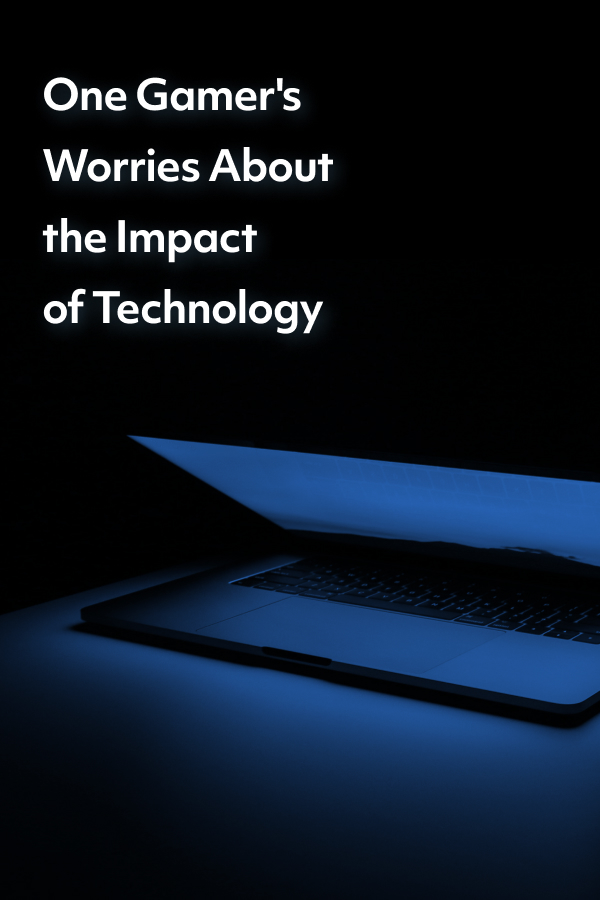As a person who relies on technology and enjoys video games, I’m also concerned about the impact they are having on our relationships and mental health.
When people think of addiction, what comes to mind? For most, their mind wanders to drugs. While the opiate epidemic has swept the nation at an alarming rate, there is another form of addiction that is not as well known but arguably casts a net just as wide: Our addiction to technology, known as internet gaming disorder. Although tech dramatically improves our lives in many aspects, it also causes damage that isn’t as apparent as track marks on an IV drug user’s arm or the shakes someone with alcohol use disorder gets when they haven’t had a drink.
Two dominating forces in the tech space that lead to disordered use are gaming and social media.
I think my time spent gaming affected me as a child and into the present
I was an avid gamer as a child. I still am to this day. Some of my fondest memories during my childhood were on Christmas day when I’d get a new game that my brother and I could sink hours into. I can still remember my mom getting frustrated at the amount of time I would spend playing my PlayStation. Chores? Forget about them. Homework? I’d do that during breakfast. The euphoria I would feel from beating a tough boss was comparable to a compulsive gambler winning a bet. If it hadn’t been for my parents monitoring my time spent in the virtual world, I would have spent even more time playing.
This compulsion affected other aspects of my life without me even realizing it. I believe it made me introverted due to the lack of human interaction, which made me socially awkward as a child. I had trouble engaging in meaningful conversation. I also couldn’t focus on day-to-day things that didn’t stimulate me in the same way game did—no matter how important those day-to-day things were. The effects of internet gaming disorder can go far beyond the amount of time spent in front of a screen.
Social media is a game no one really wins
Social media has had a similar effect on many people for different reasons. The majority of the world uses some major social media platform, be it Facebook, Instagram, Twitter, etc. The amount of time spent mindlessly browsing from post to feed can be alarming. Experts say time spent on your smartphone outside of work should be limited to two hours a day. For a lot of people, this number is closer to 4-6 hours, with most of it spent on social media.
The problem is this time spent is having a negative effect on our mental health. Obsession with likes has caused teens to judge their internal value based on a number. Unrealistic expectations due to (often fake) lifestyles portrayed on these apps have made many feel like they are not enough. What’s worse, is that something originally intended to bring us closer together often drives us farther apart. Ever go to dinner and instead of conversation, everyone is on their phone? It has become easier to communicate through a screen than face-to-face. Feeling anxious? Pick up your phone. Bored? Pick up your phone. Uncomfortable? Pick up your phone. That habit is not far off from what addicts experience with their drug of choice.
We need greater awareness of internet gaming disorder
This is not a memoir calling for the destruction of technology. It has and continues to be an overall positive on how we live life. However, we would be foolish to ignore these concerns. What happens when virtual reality is widely adopted? I can see a scenario where people will spend more time in the virtual world than in the real one. Technology is only progressing and if we don’t recognize the addictive nature of tech, things could get worse in the future.









